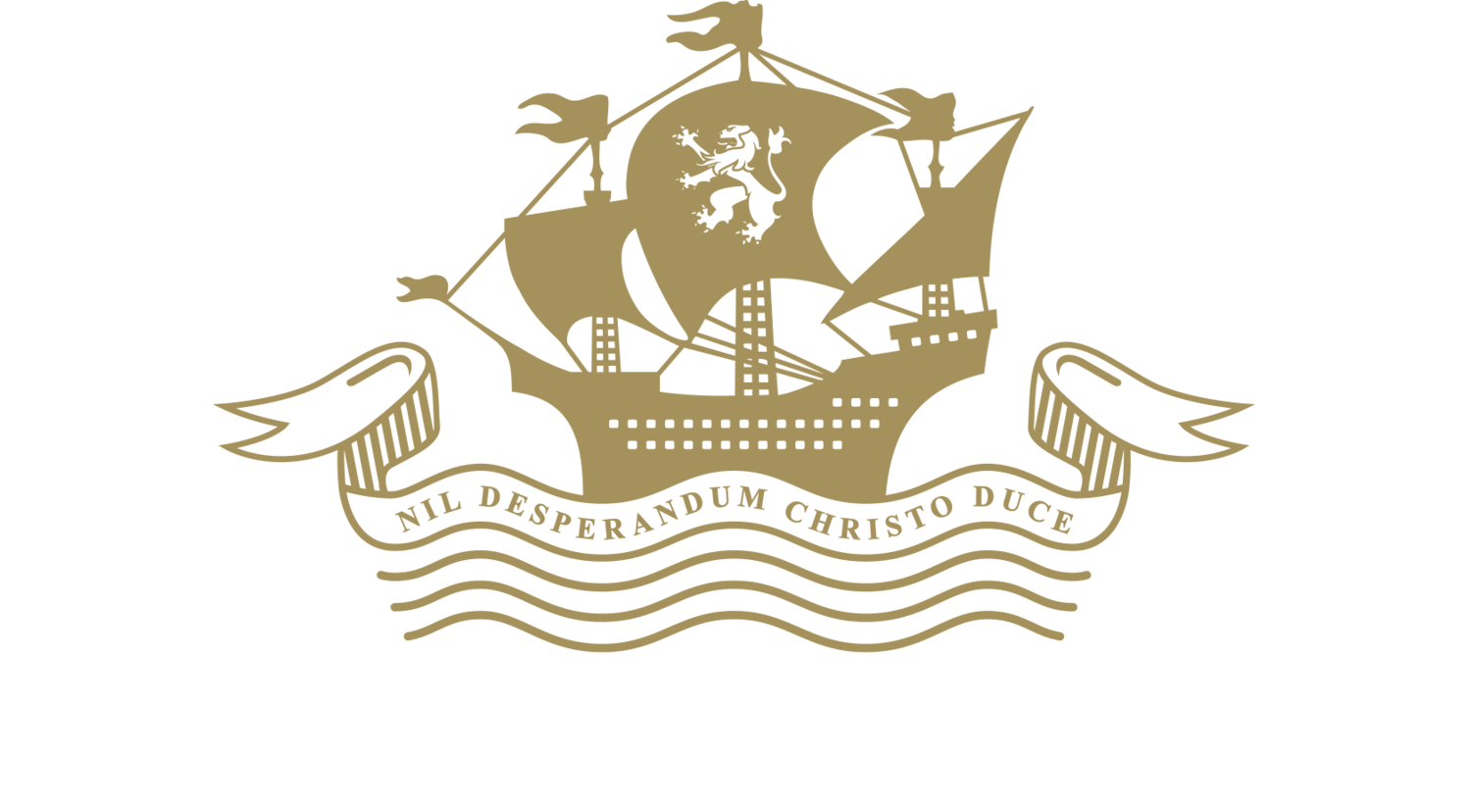Geography
“It’s clear,” said the teacher, “that you haven’t studied your Geography. What’s your excuse ?”
“Well, my dad says the world is changing every day. So I decided to wait until it settles down !”
While the word geography is derived from the Greek and literally means “to write about the earth,” the subject of geography is much more than describing “foreign” places or memorising the names of capitals and countries. Geography is, in the broadest sense, an education for life and for living. Learning through geography – whether gained through formal learning or hands-on through travel, fieldwork and expeditions – helps us all to be more socially and environmentally sensitive, informed and responsible citizens and employees.
During their eight years the children learn key geographical terms, ideas and skills, and how to interpret data and display it in a variety of ways. They learn how to express their opinions about a place and ask serious questions about why it is so. They learn to recognise that an environment can affect people as well as being affected by it. Finally, they learn to apply their knowledge to events that happen in the world on a daily basis that they see on the news and read in the newspaper.
Pupils are prepared for Common Entrance and Scholarship exams at 13+, which are broadly based on the syllabus required at Key Stage 3. Coverage of the CE syllabus begins in Year 6 with the easier, and more dramatic, concepts and finishes in Year 8 with the more complex and demanding topics. Year 5 is a transition zone between the Middle School Curriculum and the rigours of Common Entrance and Scholarship.
Core geographical skills are developed through the Pre-Prep inquiry-led curriculum in Years 1 and 2 and the Humanities course in Year 3 and 4. These foundation years form the platform for more structured study of the subject in Year 5 to 8. Presentation and neatness are vital in this subject and are stressed at all levels.
Other Subjects
Art | Classics | Critical Thinking | Design & Technology | Digital Skills | Drama | English | Geography | History | Life Skills | Maths | MFL | Music | PE | Theology, Philosophy and Ethics | Science

